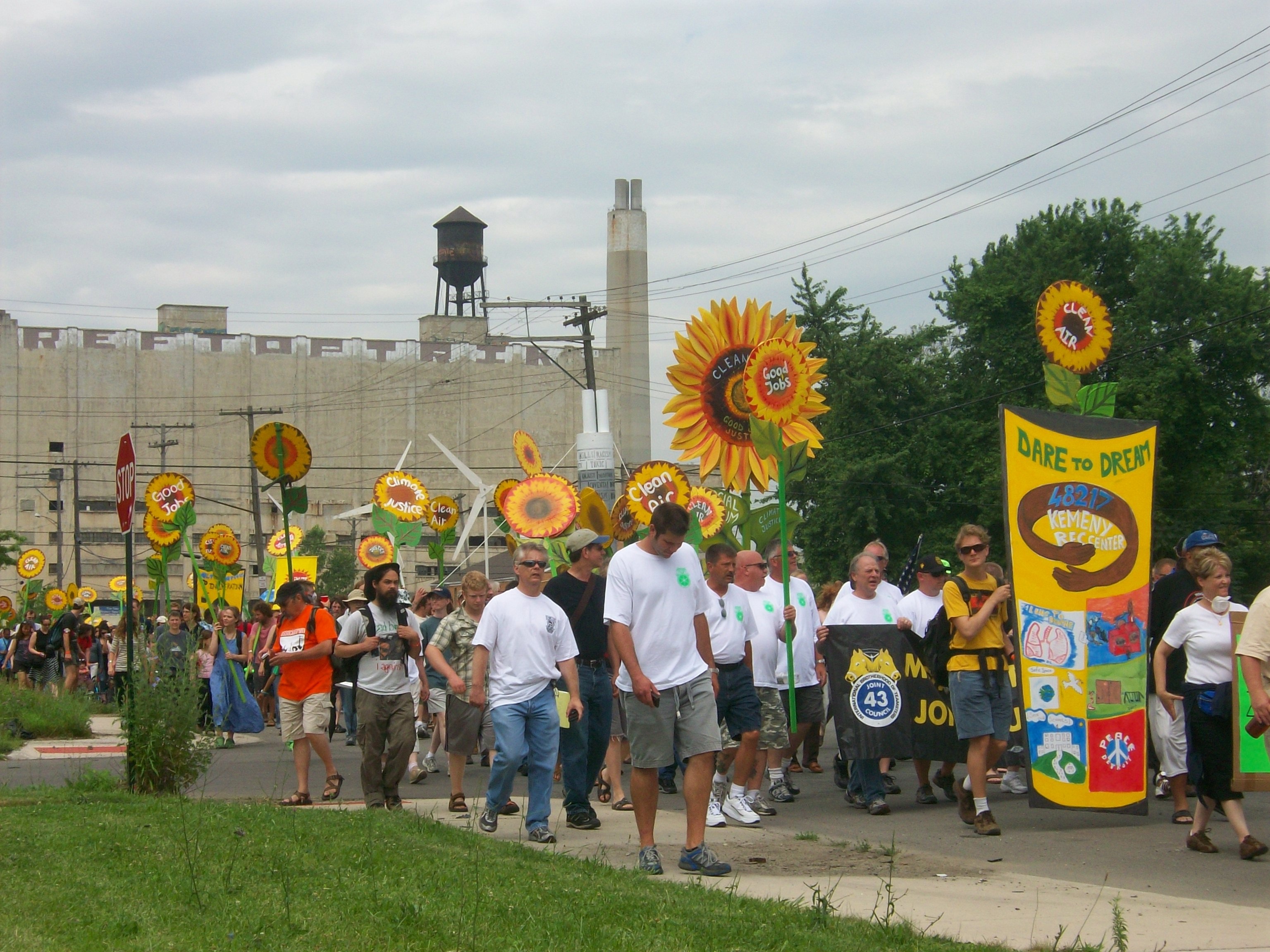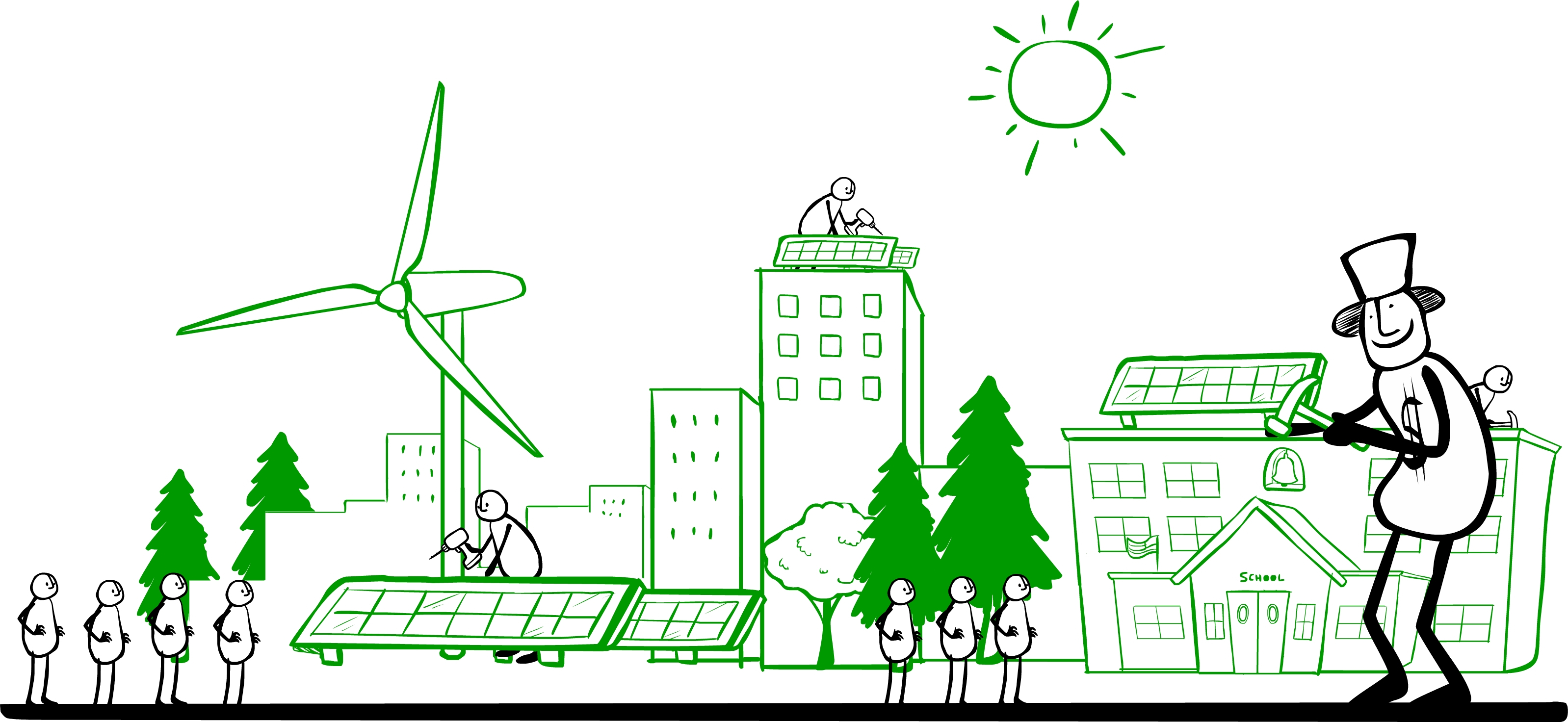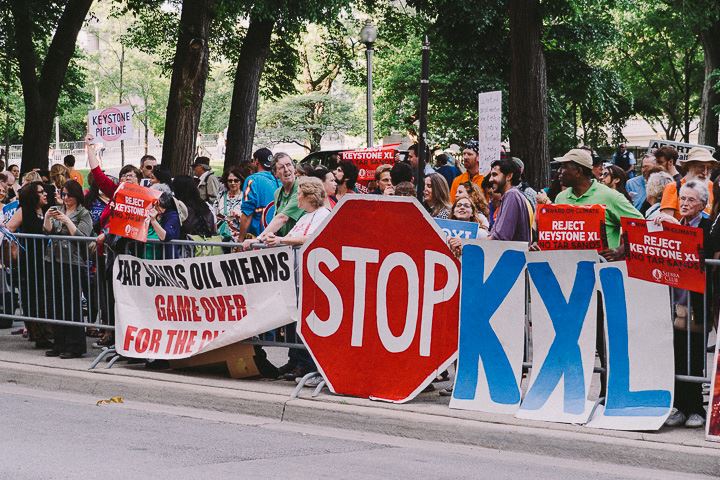The power of youth, the power of song

The annual United Nations climate summit is about to get going again -- COP17 (the 17th conference of parties) in Durban, South Africa. But before diving more into the UN side of things, much more fun to share is the news from the seventh Conference of Youth (COY7) that's happening as I type.
COY is a special time for the youth climate movement every year as hundreds of youth from dozens of countries come together for 3 days building new relationships, sharing stories from the past year, learning from one another, and making plans the movement ahead. The conference typically has all the youthful energy you can imagine -- as young people we know what's at stake, deeply, and we pour our spirits into the work of building a movement and creating solutions. But this year, the level of energy has reached even greater levels than in the past.
How? Well, watch this…
The young people you see leading that song in the video just completed an overland journey starting in Nairobi, Kenya -- the We Have Faith, Act Now, Climate Justice Caravan. Song is part of what sustained them through that long journey to be here, much the way song has been a driving, sustaining force in African social movements for decades, particularly the South African anti-apartheid movement.
Now that energy and power of song has united with the energy and power of youth at COY -- a recipe for some beautiful movement building weeks to come.
We have our work cut out for us, no doubt -- how to channel this people power into a force that can overcome the corporate influence holding the world back from the solutions required. We'll have our first large show of people power here in Durban at an interfaith climate justice rally with Desmond Tutu tomorrow, the Sunday before the UN meetings commence.
And it's not just here in Durban. We're taking people power to radio stations worldwide this week -- in more ways than one! Check out https://radiowave.350.org to listen to a new song titled "People Power" and join us in taking the movement to radio where you live (you'll find the guide and resources you need there on the Radio Wave website).
More from Durban to come.
Public Spending on Energy Polluters Stands in The Way of Millions of Green Jobs
Below is a guest post by Ananda Lee Tan, with the Global Alliance for Incinerator Alternatives, about how moving public funds away from big energy polluters and towards a recyling economy could go a long way to unleashing the world we want. Read on...they're really onto something!
 A new report called More Jobs, Less Pollution was released last week, showing that a national 75% recycling rate would create nearly 1.5 million new jobs while reducing an amount of climate pollution equal to shutting down 72 coal-fired power plants, or taking 50 million cars off the road. This report, produced for GAIA, the Teamsters, Blue Green Alliance, NRDC, and SEIU, describes the benefits of building a resource recovery economy that creates community jobs with family-supporting wages.
A new report called More Jobs, Less Pollution was released last week, showing that a national 75% recycling rate would create nearly 1.5 million new jobs while reducing an amount of climate pollution equal to shutting down 72 coal-fired power plants, or taking 50 million cars off the road. This report, produced for GAIA, the Teamsters, Blue Green Alliance, NRDC, and SEIU, describes the benefits of building a resource recovery economy that creates community jobs with family-supporting wages.
These are jobs we desperately need, and the money to invest in them could easily be redirected from subsidies that are currently being wasted on polluting incinerators and landfills. Simply put, we need to reinvest in recycling, composting, reuse, and strategies that move us on the path toward zero waste and climate justice and green jobs.
For a short, informative “take” on this topic, watch The Story of Broke, which describes how hard-earned taxpayer money props up the “dinosaur economy” where we spend huge amounts of public money to subsidize the biggest polluting corporations in the U.S.
We need to demand that public money supports the future we want to see. Not only does recycling offer a cleaner, safer option for waste than landfilling or incineration, it also takes a lot less energy to manufacture products from recycled material than from newly extracted, material. Reaching a nationwide 75% recycling rate would create healthier communities too. Cities like San Francisco, Seattle and Oakland have shown this is achievable, and the state of California has set a statewide recycling goal of 75% by 2020.
Burning waste kills jobs, burdens public health and ruins local economies. Cities like Harrisburg, PA and Detroit, MI are going broke because incinerators are risky investments. Not only are they the most expensive way to make energy – incinerators are the most expensive way to handle waste.
A new GAIA report - Burning Public Money for Dirty Energy exposes the tax breaks and public money handed to this industry. These subsidies are intended for clean, renewable energy, not a technology that creates more climate and mercury pollution per unit of energy than coal-fired power plants.
And now Congress is poised to make a bad situation worse by gutting the Clean Air Act for some incinerators and cement kilns (HR 2250, HR 2681). Earth Justice estimates the resulting pollution would cause up to 9,000 deaths every year. Congress is also considering a bill (HR 66) to create new tax exemptions for “waste-to-energy” incinerators.
Tell Congress NO to bills for dirty energy, and YES to Zero Waste Jobs! Recycling and composting are necessary steps to Zero Waste and Climate Justice. We simply need to stop subsidizing polluters, and get busy turning waste into work!
Africa Will Not Be Sold!
So begins the first line of a statement from our friends at the Pan African Climate Justice Alliance.
More updates from 350 Pilipinas on the Haiyan aftermath
Map of Eastern Visayas Meggie, one of the volunteers at 350 Pilipinas traveling in the areas impacted by Typhoon Haiyan...
Thailand Power Shift
UPDATE: Here’s the wrap-up video from Thailand Power Shift… We are joining 60 climate leaders and activists across Thailand. Thailand...
Maine students connect divestment, budget cuts and student debt
Divest UMaine is having success in our efforts to connect the issues of divestment, budget cuts and student debt. At...
Friends & Allies
350.org works with hundreds of partners and allies around the world. If you’d like more information about becoming partner, contact...
Chicago students tell President Obama: stop Keystone XL!
This post was written by Dylan Amlin, a member of the Chicago Youth Climate Coalition, and the leader of the RU Fossil Free divestment campaign at Roosevelt University

Yesterday afternoon, hundreds of activists gathered outside the Chicago Hilton, where President Obama and other key political leaders attended a fundraiser for the Democratic Congressional Campaign Committee. As a part of an international campaign against the Keystone XL Pipeline, we were there as a reminder that our movement will not back down on this issue—that the president’s decision on KXL could determine the fate of our climate and our future. Attendees represented a number of groups, including Chicago Youth Climate Coalition, 350.org, #IDLENOMORE, Sierra Club, CREDO, Chicago 350, Friends of the Earth, Center for Biological Diversity, and many more.
As a student at Roosevelt University, and a member of the Chicago Youth Climate Coalition, I attended the first Chicago birddogging rally at Argonne Laboratory. It was inspiring to see many of the same faces, but even better to experience the growth of this movement.
Heat and Light: Reflections on Global Warming — A sermon by Rev. Fred Small
The following post is a sermon by Reverend Fred Small of First Parish in Cambridge, Massachussetts, USA reflecting on global warming, Bill McKibben's recent article in Rolling Stone, and the movement that needs to rise to the occassion. Thank you, Fred, for your ongoing inspiration and your loving ministry.
Heat and Light: Reflections on Global Warming
Now is the summer of our discontent.
We caught a little break this morning . . . but it’s been hot, hasn’t it?
July was the hottest ever recorded in the United States, and so were the first seven months of the year combined, and so were the last twelve months combined.
The American Midwest and West are broiling under a heat wave that leaves crops dying in the fields and ranchers selling off livestock they can’t feed. Nearly two-thirds of the United States is in drought, which will raise food prices between three and four percent next year. Wildfires rage in Texas, Colorado, Montana, Nevada, Nebraska, Idaho, Oregon, Washington.
In the rest of the world, it’s much the same—or worse.
In China’s drought-stricken Hubei Province, half a million people don’t have enough water to drink. Recently in Saudi Arabia rain fell when the temperature was 109 degrees, the hottest precipitation in the history of the planet. Thermal bleaching of coral reefs is accelerating, and most are expected to be seriously degraded within decades. Arctic sea ice is at the lowest level ever recorded. The Greenland ice sheet is melting at a record pace.
People are finally—finally—connecting the dots between what we see around us and what scientists have been warning us about for decades. 69 percent of Americans polled now agree that “global warming is affecting the weather in the United States.”
The chasm between what science demands and what politics permits is mind-numbing.
Common sense tells us we’ve got to do something. Political realism tells us we can’t do anything.
In North Carolina, Republican legislators have introduced a bill forbidding coastal counties from planning for the sea-level rise predicted by scientists.
Well, I didn’t vote for the North Carolina legislature. I voted for Barack Obama.
On the night he won his party’s nomination for president, Barack Obama told us that “generations from now, we will be able to look back and tell our children that this was the moment . . . when the rise of the oceans began to slow and the planet began to heal.” But since the failure of the cap-and-trade bill in the Senate and the fiasco of the Copenhagen conference in 2009, President Obama has been nearly silent on global warming.
Unlike the first President Bush, who flew to Rio de Janeiro for the 1992 environmental summit, or Vice-President Al Gore, who helped hammer out the Kyoto Protocol in 1997, President Obama didn’t bother to attend last month’s international climate conference in Rio.
Eight days ago in his weekly radio address, the president took note of the record heat, promised drought relief for farmers, and never mentioned global warming.
Now I realize that the president, like any politician, is hamstrung by a corrupt political system. He can no more stand up to Peabody Energy in an election year than he can to the National Rifle Association.
But somebody’s going to have to.
Last month, journalist and activist Bill McKibben wrote a compelling piece for Rolling Stone titled “Global Warming’s Terrifying New Math.” (It would have been the cover story had the publishers not figured they could sell more magazines with Justin Bieber in a tank top than with a graphic of a burning planet—or for that matter with McKibben in a tank top,)
McKibben thinks this is his most important writing since he first sounded the alarm on global warming in 1989 with his landmark book, The End of Nature. I agree.
A growing call to move beyond fossil fuels in Canada